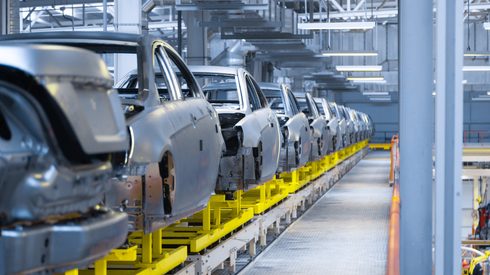The customs commodity codes of recycled copper raw materials and recycled cast aluminium alloy raw materials are 7404000030 and 7602000020 respectively, the ministry said on Monday October 19.
The Chinese government in January published the specifications that must be met for the scrap to qualify has a renewable material.
Monday’s announcement gives clarity to those looking to export metal to China and streamlines the process after uncertainty hampered the shipment of non-ferrous scrap cargoes to the country several months ago.
Fastmarkets has also learned from an industry source other rules that made sending non-ferrous scrap to China difficult, such as pre-shipment inspections, will be scrapped.
In August, Fastmarkets reported China allowed importers to buy up to 697,379 tonnes of aluminium scrap from abroad, with its total for the third quarter at 213,380 tonnes, already surpassing the 199,450 tonnes granted in the preceding quarter.
“No pre-shipment inspection is required and customs are not restricted,” the source said. “Customs can be freely declared starting from November 1 this year.”
The source added there will be efforts to strengthen industry self-discipline to ensure the quality of raw materials.
Since China’s industry re-emerged from Covid-19 lockdowns earlier in the year, it has played a major role in the rebound of non-ferrous scrap prices globally. The absence of scrap generated from industrial activity during the lockdowns meant that it was scarce when the country restarted its industry.
And although the ministry has clarified the import codes and removed some of the more difficult requirements for non-ferrous scrap imports, the implementation of waste reclassification continues to broadly limit the type of scrap market participants can accept.
Those factors have increased the price of secondary aluminium ingots in Asia, which in turn has boosted price increases globally. It has also generated a global increase in demand for scrap, the key material for ingot production, as a result.
Fastmarkets assessed the price of aluminium ingot ADC 12 spot (MJP), cfr Japan at $1,850-1,900 per tonne on October 14, its highest in more than two years.
Additional reporting by Julian Luk in Hong Kong.






